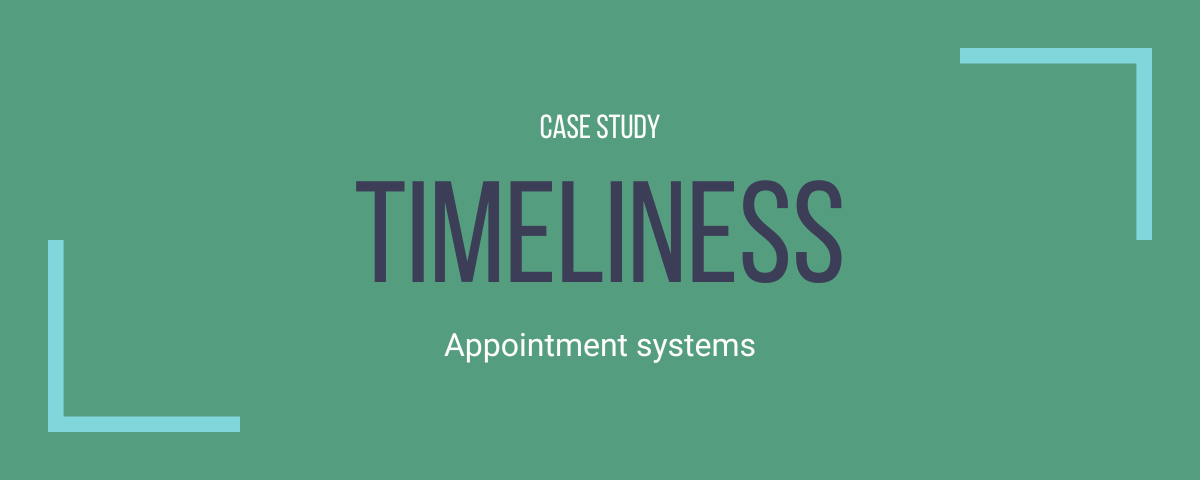Without an efficient appointment system, providers or administrative staff may face difficulties in tracking patients who do not return for follow up or are non-compliant in treatments, compromising coordination and continuity of care. This is particularly important for chronic diseases that require regular monitoring such as HIV or NCDs. There is evidence that one-year retention rates for antihypertensive and antidiabetic medications are as low as 2% in parts of Africa. The International Network for the Rational Use of Drugs Initiative on Adherence to Antiretrovirals (INRUD-IAA) piloted an appointment system in Tanzania, Rwanda, and Kenya in conjunction with the HIV/AIDS control programs to improve patient attendance tracking and follow-up.1 In addition to the ability to track patients, these appointment systems facilitated other activities that benefited providers and patients alike. In Tanzania, the appointment system helped reduce waiting times and distribute patients throughout the day. Both Rwanda and Kenya used the appointment and patient tracking system to monitor performance. In Rwanda, these data were linked with performance-based financing related to patient attendance, and in Kenya, data were used to evaluate and plan during staff meetings. Following this pilot, all three countries incorporated appointment systems into national policies.1
Like many LMICs, Nigeria has experienced a shortage of human and material resources in primary care facilities, leading to overcrowding in outpatient waiting rooms, dissatisfaction with care, poor treatment outcomes, and overworked providers. A study in Lagos, a large city in Nigeria, evaluated patient perspectives on the acceptability, feasibility, and willingness to adopt a SMS service for appointment scheduling to increase efficiency of appointments and improve waiting times.2 This feasibility study found widespread support for the technology among providers; most participants indicated that they would pay for and use the service, and even those without a cell phone or with limited literacy indicated that they would be able to find ways to utilize a SMS appointment system. Though this study did not subsequently implement and evaluate such a program, it highlighted the demand and utility of such a service in a resource-constrained setting.

